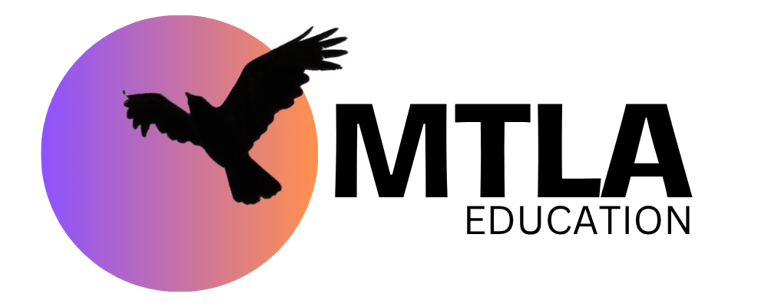
Primary Education
Years 1-6. Courses break down into particular skill sets or combine all necessary in your child's English Education.
Click to learn more about each course.

On route to success...
What is KS2?
In the UK education system, KS2 stands for Key Stage 2, which is a phase of education typically covering students aged 7 to 11. KS2 follows Key Stage 1 (KS1), and it is a crucial stage in a child's primary education.
During KS2, students build on the foundational knowledge and skills they acquired in KS1, and they continue to develop their understanding of English, mathematics, science, and other subjects.
How do we structure classes?
Classes are split into different units of READING, WRITING and SPAG (spelling, punctuation and grammar) study.
Completion time varies on the unit chosen and is also depending on the student's frequency of classes.
KS1 & 2 (5-11) YEARS 1-6
Book Club!
Love to read? Book Club explores the worlds of fiction and non-fiction. Spark your imagination through short and long stories.
Building key KS1 & 2 rounded skills for progressing years. Bit behind on your reading? Feel free to join the fun!


KS1 & 2 (5-11) YEARS 1-6
Writer's Club!
Passionate about writing? Delve into the art of storytelling and creative expression. Bring your ideas to life through writing exercises and discussions.
Building key KS1 & 2 development skills. Whether you're an aspiring author or simply enjoy putting pen to paper, it's a perfect place to ignite your creativity!


KS1 & 2 (5-11) YEARS 1-6
SPAG Boosters
Having trouble with spelling, punctuation, and grammar? Don't worry, SPAG Boosters is here to help!
Whether you're looking to improve your writing or simply boost your confidence in English language conventions KS1&2, SPAG Boosters offers a supportive environment where you can learn, grow, and succeed!


For KS2 English, students will strengthen their language skills, explore literature, and enhance their communication abilities. The key components of English education at Key Stage 2 include:
Reading and Literature: Students explore a variety of literary texts, including stories, poems, and informational texts. They develop their comprehension skills, understanding themes, characters, and plot structures.
Writing Skills: Creative writing is fostered, allowing students to express their imagination through short stories, poetry, and creative essays. Students are introduced to different forms of non-fiction writing, such as informative pieces and persuasive texts.
Grammar and Language: Emphasis is placed on refining grammar and language skills, enhancing overall written expression. Students learn about sentence structure, parts of speech, and effective use of language in communication.
Speaking and Listening: Students engage in various oral activities, including group discussions, presentations, and storytelling, to boost their speaking and listening skills. Building confidence in expressing ideas and communicating effectively is a key focus.
Critical Thinking: Students begin to develop critical thinking skills, analyzing texts and forming opinions. They learn to infer meanings, evaluate information, and express their thoughts clearly.
Foundation for Future Study: The KS2 curriculum lays a solid foundation for further exploration of literature and language skills in later stages of education.
This stage provides a well-rounded English education, nurturing students' abilities in reading, writing, speaking, and critical thinking, setting the stage for their continued academic journey.
What to expect...




The primary objective of KS2 in the UK education system is to lay the foundation for a comprehensive understanding of English language and literature.
This preparatory phase is essential as students progress to KS3, setting the stage for their educational journey toward General Certificate of Secondary Education (GCSE) courses at age 16. KS2 serves as a crucial transition period, equipping students with the fundamental skills and knowledge necessary for success in their subsequent academic endeavors.



What We do
Who WE ARE
Subscribe to our newsletter
Educational Camps


